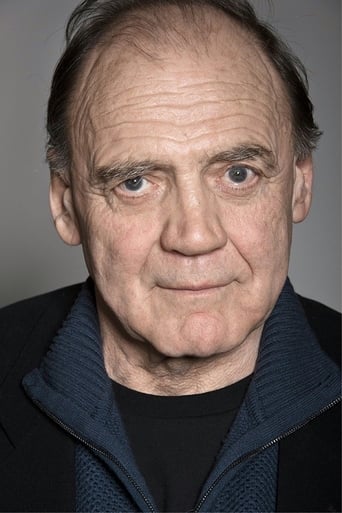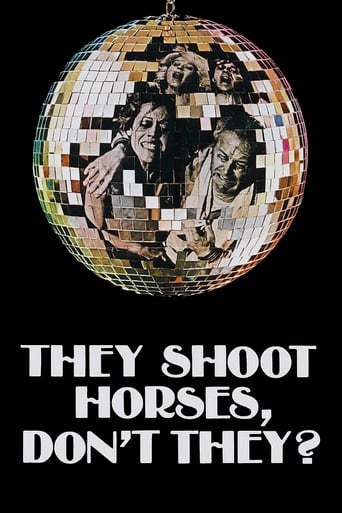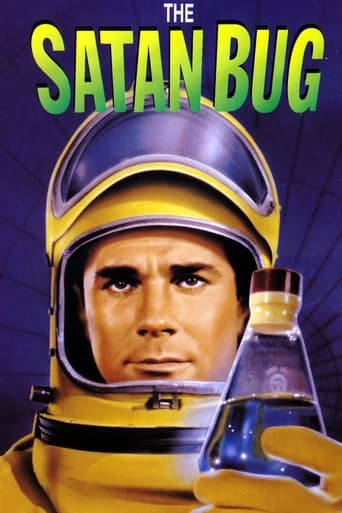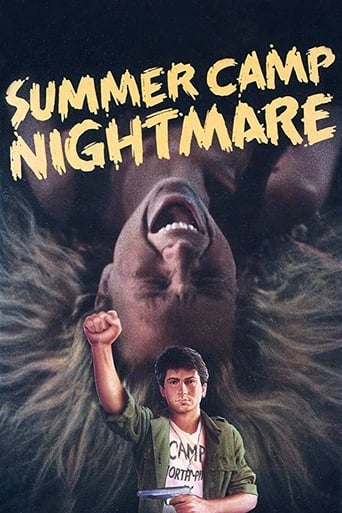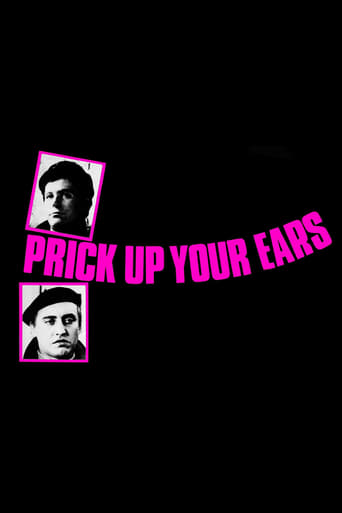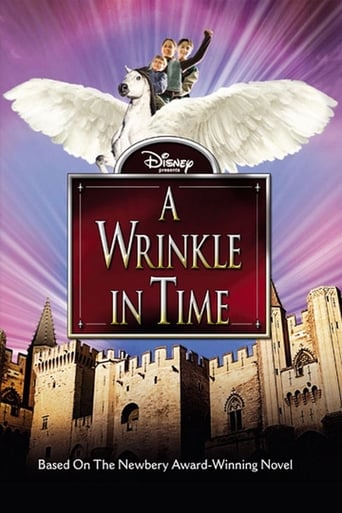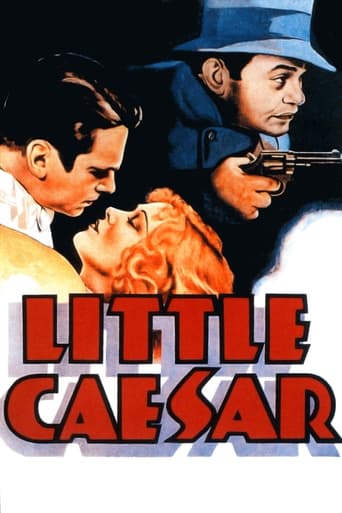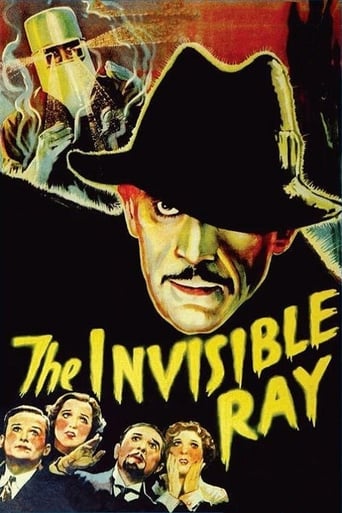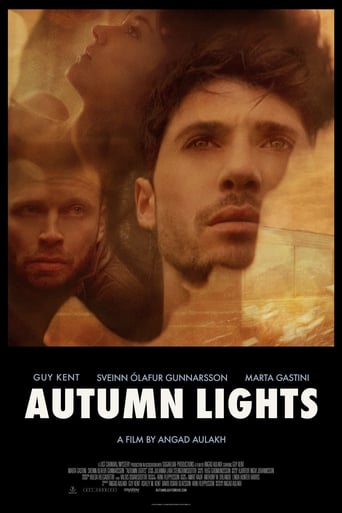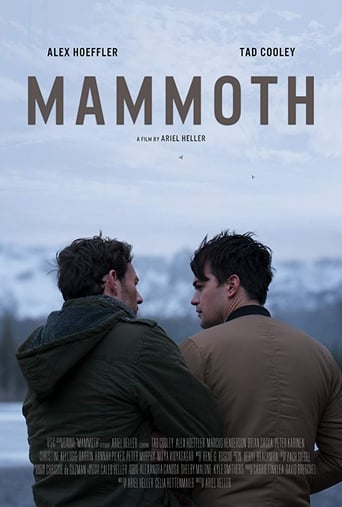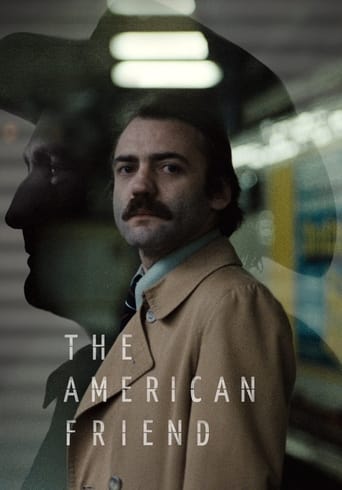
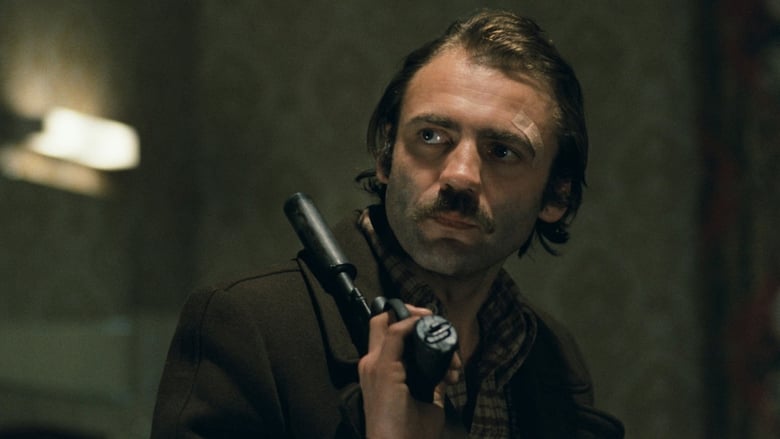
The American Friend (1977)
Tom Ripley, an American who deals in forged art, is slighted at an auction in Hamburg by picture framer Jonathan Zimmerman. When Ripley is asked by gangster Raoul Minot to kill a rival, he suggests Zimmerman, and the two, exploiting Zimmerman's terminal illness, coerce him into being a hitman.
Watch Trailer
Cast


Similar titles
Reviews
I'm pretty sure by now that Wenders is not a filmmaker for me to adopt. He tends to process appearances too much, while grasping in the blind what lies behind them. So, what's left is a synthetic beauty of images framed around space and usually a moderately above-par wrap-around into narrative. Oh, surely he's one of the most talented cinematographers we have. I guess that's enough to appreciate in one filmmaker.But all that is refuted by this film. I'm not sure how much it is that I bring to it, but no matter. It is one of the greatest narratives on karma.It's all tied together between these two people; one who lives in emptiness, another - a frame artist, charged with restoring - who works in form. Together, these two figments, comprise the one consciousness. Indeed, Wenders often frames them as dual counterpoints that complete into one.An artist is who he is, because he trusts the eye, the hand. Ripley is who he is, a hollow shell, because he trusts neither. So, we have the frame artist become framed inside an illusion operated by the other, a narrative that unfolds as gangster stuff around Europe. It's a wonderful film-within device; the movie illusion generated by the deceived mind's eye (he sees a telegram, but is it what he thinks?).Wenders is such a distinctly Western filmmaker though. Notice the notions. Ripley is empty, but empty in the sense that something essentially vital is missing. And the artist is not replenished by his work in form but frustrated for ambition and money, again our Occidental idea where an artist's worth measures in success and not the joy of work itself. It is a world reeled in by craving for things that are not there, implying a dissatisfaction with what is.Empty space is the balancing element, where we can flow into for release. It's magical in the two scenes of crime, extended wanderings in a subway and onboard a train, silent like Melville would have it. Le Samourai seems to be the inspiring visual text. It is about walls that enclose - whereupon we track and lose and find again, and life becomes this game of hide-and-seek, The poignant revelation of karmic wheels? Near the end, when Ripley reveals why the scheme, why the hapless stooge was dangling on unseen strings the whole time. However far-fetched it may seem or paint Ripley in a diabolic light, it is all about sowing seeds. And for Ripley as well, who realizes only too late that what completes him (who can, forgive the literal word play, 'frame', thus contain, his emptiness) is the connection with the man whose fate he has already set in motion.But the thing is this karmic connection that bounds these two together, the setting in motion. Having realized he values the connection, Ripley swoops - like the hand of god - inside the created narrative to assist him. Eventually, the connection is shown to wire them together across space, implying now a metaphysical communion.It's this that may keep the film at a distance; although effective in the sequences that resemble a thriller, it is a film metaphysically heavy and long with silence. It is not comfortably bittersweet, nor quirky like other Wenders films. This is why I value it so as opposed to those others, because it is a lucid picture.
I have read all the Ripley books and loved them. Always when seeing a film based on a book you have made up a picture of how it should be. The American Friend is very loosely based on the third book Ripley's game. Knowing that, I tried to take it just as a film on it's own, inspired by the book rather than based on it. I found it worked because even if this isn't at all as I imagined it when reading the book, I really liked this film. They have taken parts of the book and managed to turn it to a great, interesting and I think pretty different kind of thriller than the usual once. The American Friend is not better than the book but I wouldn't call it much weaker either, rather calling it different. Dennis Hopper is quite a lot different than Tom Ripley in the books and really great as the character they decided to make in this. He manages brilliantly to create the kind of character that one doesn't really know what to think of. He is mysterious, seams cold but then suddenly shows and emotional side that makes me think is it fake and what is he going to do. However Ripley is not the character which the main focus is on in this film, he is the mysterious background person. The lead is Bruno Ganz as Jonathan, which is also the character which one gets the real relation to. Ganz is great in make the right feel of the character, as viewer I feel really strong for what he is going through. As the main focus of the story he is the one I think you should strongest relate and be interested to follow. He succeeds brilliant in giving the film the real depth that it impresses with. The style of it also is something that not only works great but at least for me gives somewhat of a special feel. With many book adaptations the real interest for me resides in wanting to see how a story I already know looks like physically. Where sometimes I'm just irritated in the changes from the source material. In The American Friend I'm just focusing on what twists it itself will take. This is I shall state once again because they have brilliantly created something of it's own. The suspense scenes work great, to the level of being kind of frightening on and psychological level. Even if the suspense stuff is great I feel it is the character psychological weight that make this so gripping, the emotional depth is so impressive. It is a thriller but not the average kind. Sad rather than frightening, emotionally tough rather than suspenseful. The American Friend both amazingly impressive and interestingly different. 8/10
Simply hypnotic. The only other film to have this kind of impact on me is Naked. It entrances you from start to finish and you can't even think about looking away. Much like Naked, this effect comes primarily from the score which is flawlessly haunting and ominous making you well aware that there is sincere danger ahead. The magnificent symbolisms can be found everywhere from something as simple as a man falling in front of Ganz to something as complex as the way picture frames are used throughout the whole picture. The cinematography is undoubtedly one of the most remarkable I've ever witnessed. I struggle to think of more unique and beautiful shots throughout an entire film. The story itself is simple and unique, portraying someone honest and normal placed into a series of dangerous and very dark events.Bruno Ganz is a tour de force, in a performance that exceeds his in Downfall, as the leading everyman who gets caught up in a life of peril before he even begins to realize it. Things happen to him so fast that you can't help but feel sympathetic towards him and pray that he can get himself out of a jam. The ending is one of the most painful I've ever had to endure. Dennis Hopper proves that he can subtly display deep emotional pain just as well as charismatic, explosive insanity. Wenders and the cast are so incredibly tuned into one another that he can just place the camera on their face for five minutes and you can see every single emotion running through the character and these emotions through the screen and into you, making you feel exactly what the character is feeling. It's one of the most unique and authentic experiences I've had watching a film. The incredible amount of tension should also be noted. I've never had such a feeling of tense pain as I did during the subway scene. It creates an unheard of sensation that runs through you and your body begs for closure before you collapse to the intensity. The fact that Wenders does all of this without a single word of dialogue is truly admirable.
Let's start with the good news: Bruno Ganz, in the part of a tragic hero tricked into felony, will make it worth your while. But pretty much everything else about "The American Friend" will please only the most dedicated followers of art-house director Wim Wenders. Although this is one of his earliest feature-length movies, it is already riddled with his trademark allusions to the history and theory of moving images, ranging from a Zoetrope toy and ubiquitous surveillance cameras to the lead character putting himself "in frame" by hanging a picture frame around his neck. Against the backdrop of Hamburg's grimy port, Wenders indulges his obsession with American culture in the guise of Dennis Hopper. Posing as a fake cowboy, he feeds fake American paintings back to the American market by way of a German auction house. The final third of the story, from the moment Zimmermann gets on the train, is completely incomprehensible without prior knowledge of the book it is based on, "Ripley's Game". What little action we see is awfully shot; most of the time, it's slow-moving people mumbling lines from Bob Dylan songs as they go about their somber business in a parallel universe heavy with misery and meaning. What we need is filmmakers who care less about movies and more about life.



